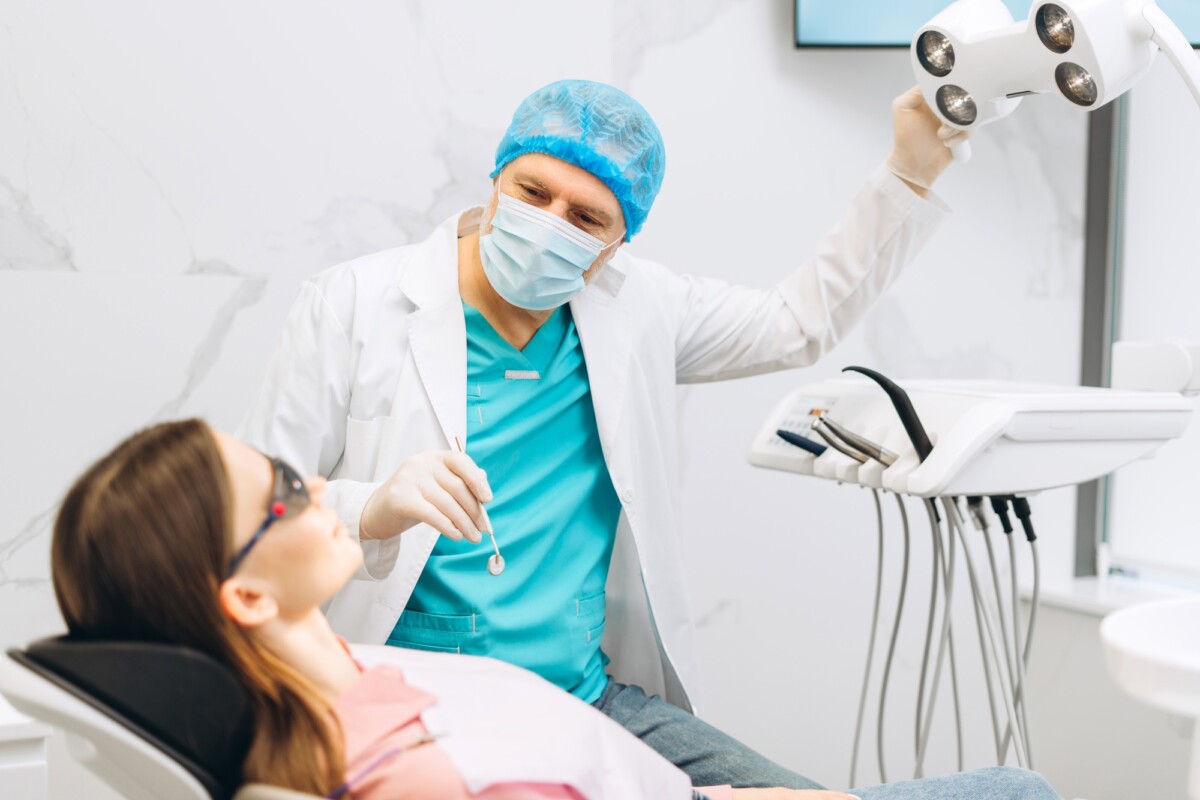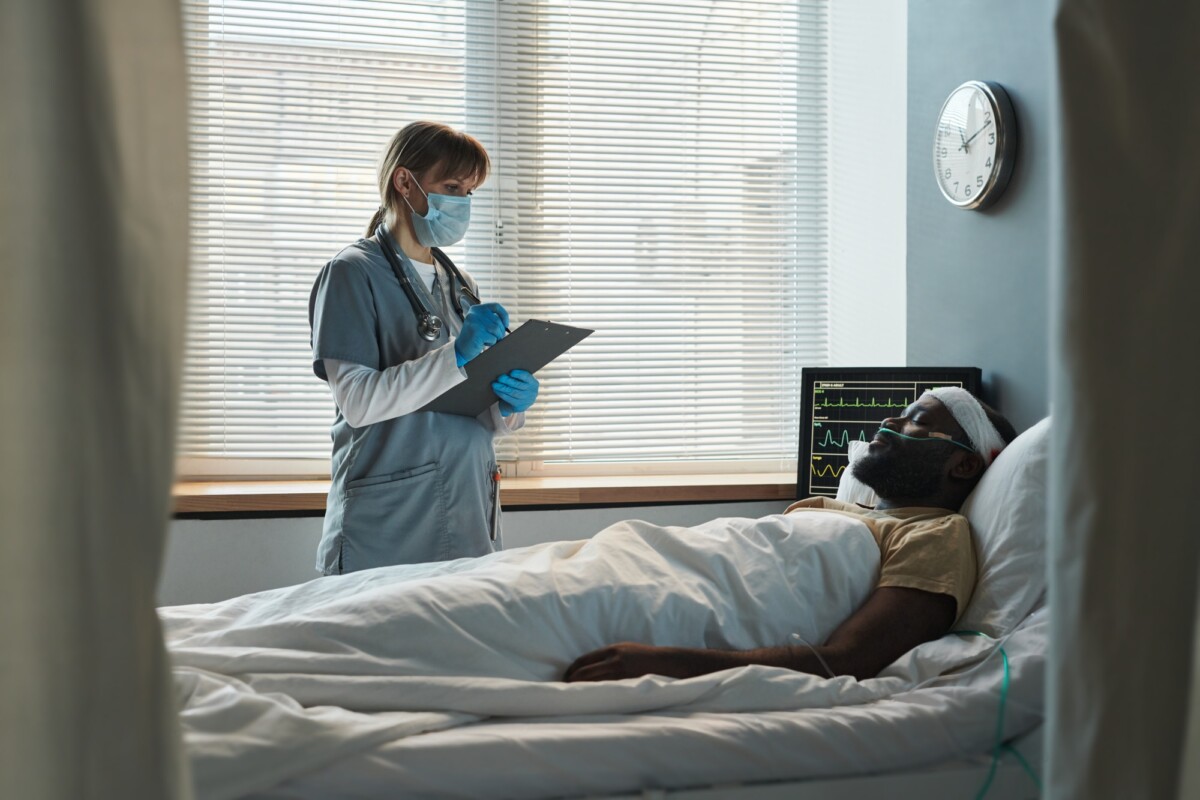Does Medicare Cover Sleep Study? Find Out the Coverage Details!
When it comes to understanding Medicare coverage for sleep studies, many people wonder, “Does Medicare cover sleep study?” The answer is generally yes, but there are specific criteria that must be met. Medicare typically covers sleep studies if they are deemed medically necessary. This means that your doctor must first evaluate your symptoms and determine that a sleep study is the appropriate course of action. Conditions like sleep apnea, insomnia, or other sleep disorders often warrant this type of testing, and your healthcare provider will play a crucial role in this decision-making process.
Medicare coverage for sleep studies can vary depending on the type of study you undergo. There are two main types: in-lab sleep studies and home sleep apnea tests. In-lab studies are usually conducted in a sleep center, where healthcare professionals monitor your sleep patterns overnight. Medicare generally covers these studies, but they may require prior authorization.
On the other hand, home sleep tests are becoming increasingly popular and are often covered as well, provided they are prescribed by your doctor and meet Medicare’s guidelines. It’s also important to note that Medicare Part B typically covers the costs associated with sleep studies, including the tests themselves and any necessary follow-up consultations. However, you may still be responsible for certain out-of-pocket expenses, such as deductibles and copayments. To avoid any surprises, it’s a good idea to check with your Medicare plan and your healthcare provider about what specific costs you might incur before proceeding with a sleep study.
In summary, if you’re asking, “Does Medicare cover sleep study?” the answer is mostly affirmative, provided you meet the necessary criteria. Always consult with your healthcare provider to ensure that the sleep study is appropriate for your situation and to understand the coverage details. By doing so, you can take proactive steps toward improving your sleep health without worrying too much about the financial implications.
Eligibility Criteria for Sleep Study Coverage
When it comes to understanding whether Medicare covers sleep studies, it’s essential to know the eligibility criteria that determine coverage. Generally, Medicare will cover sleep studies if they are deemed medically necessary. This means that your healthcare provider must evaluate your symptoms and recommend a sleep study to diagnose conditions like sleep apnea, insomnia, or other sleep disorders. If you have been experiencing excessive daytime sleepiness, loud snoring, or other related symptoms, discussing these with your doctor can be the first step toward getting the coverage you need.
To qualify for coverage, your doctor will typically need to provide documentation supporting the need for a sleep study. This often includes a thorough medical history, a physical examination, and possibly a sleep questionnaire. If your doctor believes that a sleep study is necessary, they will refer you to a sleep specialist who can conduct the study. Remember, Medicare does not cover sleep studies performed solely for convenience or without a clear medical indication, so having that referral is crucial.
Another important factor to consider is the type of sleep study being conducted. Medicare generally covers both in-lab polysomnography and home sleep apnea testing, but the specific circumstances can vary. In-lab studies are often more comprehensive and may be recommended for patients with complex sleep disorders. On the other hand, home sleep tests are typically used to diagnose obstructive sleep apnea in patients with a lower risk profile.
Understanding these distinctions can help you navigate the coverage process more effectively. Lastly, it’s worth noting that while Medicare does cover sleep studies, there may be certain out-of-pocket costs involved, such as deductibles or copayments. It’s always a good idea to check with your Medicare plan and the facility where the sleep study will be conducted to understand any potential costs. By being informed about the eligibility criteria and coverage details, you can take proactive steps to ensure that you receive the necessary care without unexpected financial burdens.
Types of Sleep Studies Covered by Medicare
When it comes to understanding whether Medicare covers sleep studies, it’s essential to know the different types available. Generally, Medicare provides coverage for two primary types of sleep studies: in-lab polysomnography and home sleep apnea tests. In-lab polysomnography is a comprehensive overnight study conducted in a sleep center, where various bodily functions are monitored while you sleep. This type of study is typically recommended for patients with more complex sleep disorders, as it allows for a thorough evaluation by sleep specialists.
On the other hand, home sleep apnea tests are designed for those who may have a higher likelihood of obstructive sleep apnea but do not exhibit other complicating factors. These tests are more convenient, allowing patients to sleep in their own beds while being monitored through portable equipment. Medicare does cover these home tests, but it’s crucial to have a physician’s order to ensure that the test is deemed medically necessary. So, if you’re wondering, ‘does Medicare cover sleep study?’ the answer is yes, but it depends on the type and your specific health needs.
It’s also worth noting that Medicare may cover additional sleep studies if your healthcare provider deems it necessary. For instance, if you have already undergone a home sleep apnea test and the results indicate further evaluation is needed, your doctor might recommend an in-lab study. This flexibility in coverage ensures that patients receive the most appropriate care based on their individual circumstances. Always consult with your healthcare provider to understand the best options for your situation.
Lastly, while Medicare covers these sleep studies, there may be some out-of-pocket costs involved, such as deductibles or copayments. It’s a good idea to check with your Medicare plan and your healthcare provider to get a clear picture of what you might owe. Understanding the types of sleep studies covered by Medicare can help you make informed decisions about your health and ensure you get the care you need without unexpected expenses.
How to Get a Sleep Study Approved by Medicare
Getting a sleep study approved by Medicare can feel like navigating a maze, but it doesn’t have to be overwhelming. First, it’s essential to understand that Medicare does cover sleep studies, but there are specific criteria that must be met. Typically, your doctor will need to evaluate your symptoms and determine if a sleep study is necessary. This often involves a thorough examination and possibly a discussion about your sleep patterns, snoring, or excessive daytime sleepiness. Once your doctor decides that a sleep study is warranted, they will provide you with a referral, which is a crucial step in the approval process.
Next, you’ll want to ensure that the sleep study facility is Medicare-approved. Not all facilities are created equal, and Medicare has specific guidelines about where you can receive your sleep study. When you’re scheduling your appointment, don’t hesitate to ask the facility if they accept Medicare. This can save you from unexpected out-of-pocket expenses later on. Additionally, make sure to keep all documentation from your doctor and the facility, as this will be important for the claims process.
Finally, after your sleep study is completed, the results will be sent to your doctor, who will interpret them and discuss the findings with you. If the study indicates a sleep disorder, your doctor can recommend a treatment plan, which may also be covered by Medicare. Remember, understanding that Medicare covers sleep study is just the beginning; being proactive about your health and following the necessary steps can help ensure that you receive the coverage you need for your sleep study.
What to Expect During a Medicare-Covered Sleep Study
If you’re wondering, “Does Medicare cover sleep study?” the answer is often yes, but it depends on specific criteria. When you arrive for your sleep study, the first thing you’ll notice is the comfortable, home-like environment. Most sleep studies are conducted in a sleep center or a hospital, where you’ll be given a private room to help you feel at ease. The staff will explain the process to you, ensuring you understand what will happen during the night. They will attach sensors to your body to monitor your sleep patterns, breathing, and other vital signs, all while you sleep in a cozy bed.
During the sleep study, you can expect to be monitored for several hours, typically overnight. The sensors will track your brain waves, heart rate, and oxygen levels, providing valuable data for your healthcare provider. Don’t worry about being uncomfortable; the staff is trained to make the experience as pleasant as possible. You might feel a bit like a science experiment with all the wires, but remember, this is all part of gathering the information needed to diagnose any sleep disorders you may have. After the study, the data collected will be analyzed by a sleep specialist, who will then discuss the results with you.
If you have a sleep disorder, they will recommend a treatment plan tailored to your needs. If you’re still unsure about the coverage, it’s a good idea to check with your Medicare plan or speak with your healthcare provider. They can clarify any questions you have about coverage and help you understand the next steps in your journey to better sleep.
Find the perfect Medicare plan today! Visit NewMedicare.com or call us now at 📞 (833) 203-6742 for your free quote!





